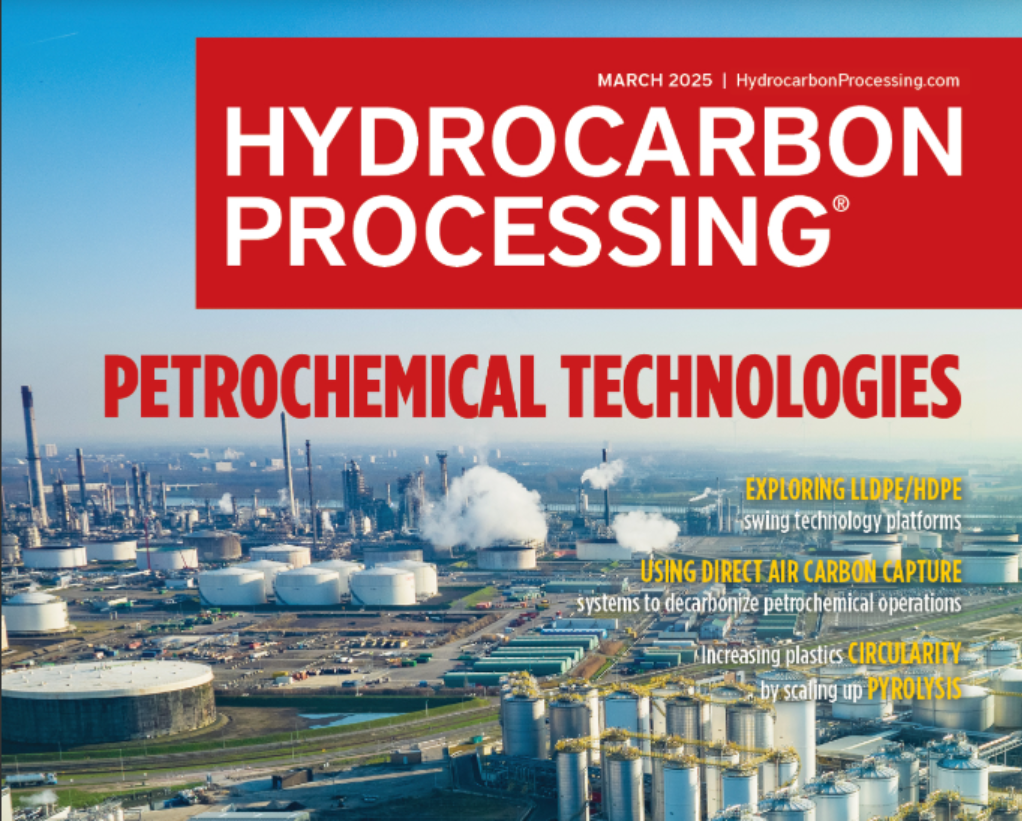
Collaborations
-
Hydrocarbon Processing
Scaling Pyrolysis: A Critical Step Toward Plastic Circularity
Article published in Hydrocarbon Processing by Amanda Martin from Global Impact Coalition and Ana de la Cal from Net Zero Chemistry.
Highlights:
Pyrolysis as a Circular Economy Solution: Pyrolysis is a transformative technology for converting hard-to-recycle plastics into valuable oils and chemicals, addressing the 80% of plastic waste that currently ends up in landfills or the environment. It plays a pivotal role in advancing recycling and reducing reliance on incineration.
Environmental and Economic Benefits: Life cycle assessments (LCA) of chemical recycling, such as pyrolysis, reveal significant environmental advantages. For example, recovering ethylene and propylene monomers reduces climate change impact by 1063% compared to landfilling.
Challenges in Adoption: Despite its promise, scaling up pyrolysis faces hurdles like high initial investment, unclear regulations, and the need for consistent standards and feedstock specifications. Collaboration across public and private sectors is crucial to unlock its potential and establish robust market mechanisms.
Read the full article here
-
Sustainable Plastics
Revving up Resource Recovery in End-of-Life Vehicles
Article published in Sustainable Plastics by Amanda Martin from Global Impact Coalition and Ana de la Cal from Net Zero Chemistry.
Highlights:
The EU's new End-of-Life Vehicle (ELV) Directive targets a future where at least 25% of plastic in new cars comes from recycled materials. Currently, however, a very low percentage of recycled plastics in new vehicles is sourced from ELVs, making the goal of 6% closed-loop plastics a considerable challenge.
Increasing plastic recycling rates in ELVs requires overcoming the challenge of dealing with a variety of polymers, including mixed polymer types, as well as separating lighter plastic components.
Emerging technologies, such as novel mechanical and chemical recycling treatments, show potential to improve recycling rates within ELVs significantly.
The Global Impact Coalition is bringing together chemical companies, dismantlers, shredders, sorters, and OEMs to optimize ELV plastic recycling.
Read the full article here.
-

Global Impact Coalition
Sustainable Methanol. Sourcing the Methanol Economy to advance Net Zero Chemicals
Written by: Ana de la Cal, Net Zero Chemistry & Amanda Martin, Global Impact Coalition
Key take-aways:
Methanol can be produced from a variety of feedstocks, including fossil fuels (the conventional source), as well as from more sustainable alternatives such as recycled waste products, bio-based materials and through the capture and utilization of carbon dioxide (CCU or DAC).
The value of sustainable methanol lies in its potential to reduce emissions compared to conventional fossil-based alternatives.
Renewable methanol from bio-based feedstocks is gaining attention, with clear opportunities to source from biomass and recovered waste materials.
Another promising approach involves capturing and chemically converting carbon dioxide into methanol.
Upscaling the production and usage of sustainable methanol could advance net zero carbon emission goals in both the chemical and transportation sectors.
The Global Impact Coalition is advancing a project with the aim to scale-up sustainable methanol production and usage.
-
Fieldlab Industrial Electrification (FLIE)
Four promising electrification options for LANXESS
To electrify a large energy consumer at their Rotterdam production site, LANXESS recently enlisted the help of the Fieldlab Industrial Electrification (FLIE). After researching and working closely with LANXESS, FLIE came up with four promising options.



